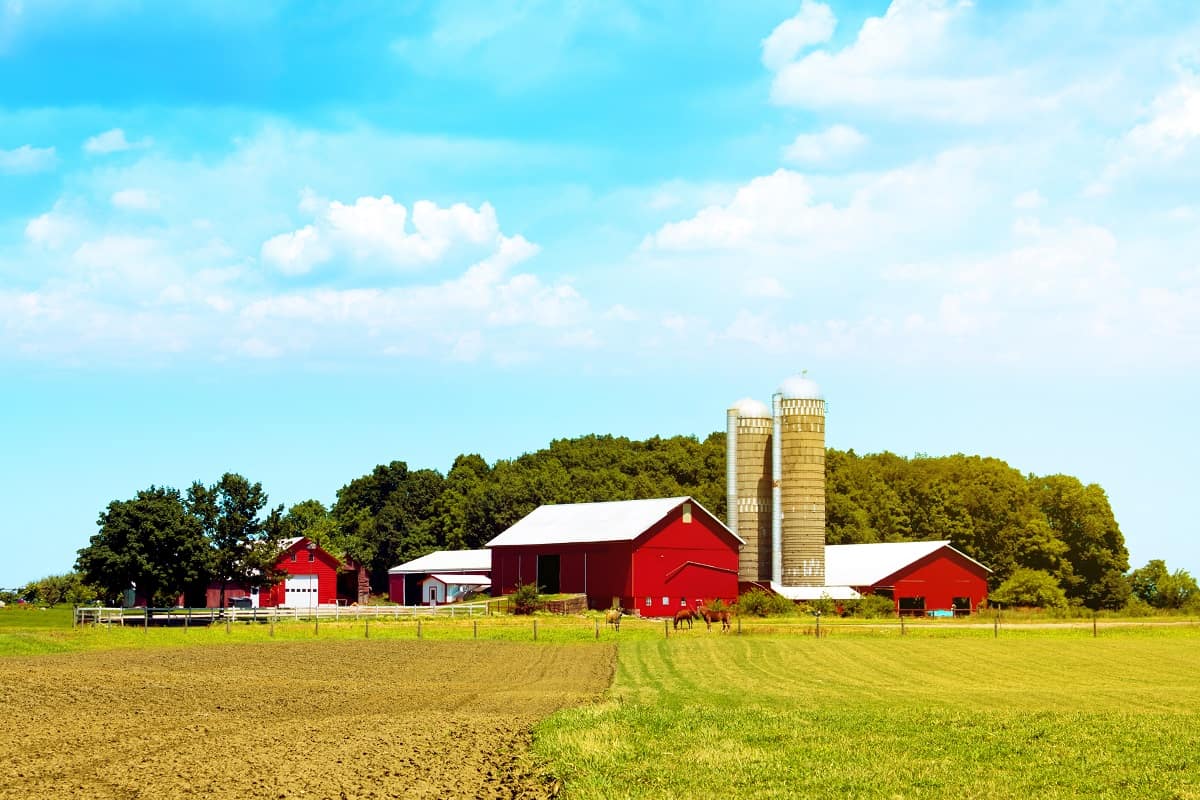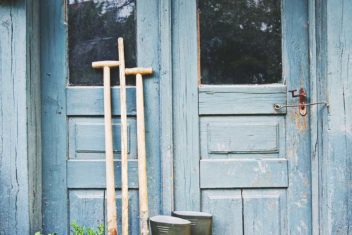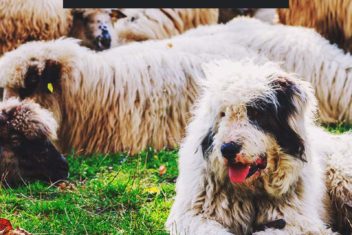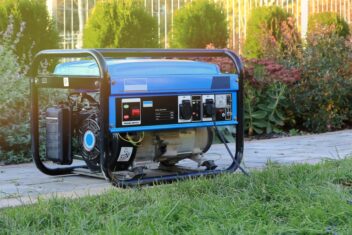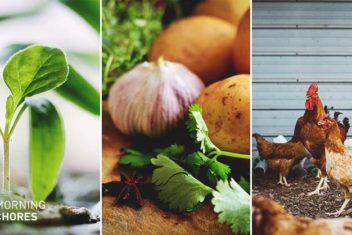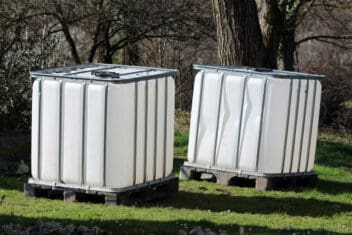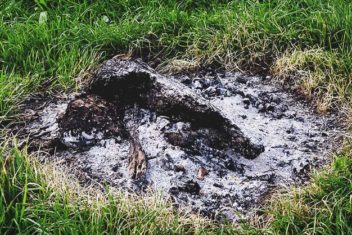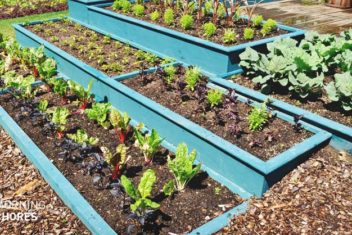Farm insurance is a type of insurance that protects the owners and their property from various risks, such as fire, theft, or hail damage.
These policies are designed to offer protection for all types and sizes of agricultural operations including dairy farms, crop farms, poultry farms, and more.
There are several good reasons to consider investing in farm insurance. For one, farmers are always at risk of unpredictable and unforeseen disasters.
From floods to fires, a farmer’s crop is often their livelihood, and it can be devastating when an entire season’s worth of work is lost.
Protecting the farm from these risks is critical for all farmers. You will need to know what insurance policies cover – and what exactly a farm insurance policy is.
What is a Farm Insurance Policy?
Farm insurance (sometimes referred to synonymously as farm and ranch insurance) is an insurance plan meant to protect your farm both personally and commercially.
It is similar to homeowner’s insurance. It will cover you, your possessions, your home, and personal liability (say, for example, if someone trips and falls on your property while touring your farm).
You can also add additional coverage for your livestock and machinery. It does not cover crops as the USDA typically insures them.
Farm insurance is highly customized. You’ll start with the most basic level of coverage before adding on additional options based on your needs.
Most outbuildings remain covered by the farm insurance policy besides the homeowner’s insurance. Some trees, shrubs, and other plants are covered.
However, it’s important to note that homeowner’s insurance does not cover anything grown for commercial use, nor does it cover areas of your lawn or property that are a certain distance away from the home.
Farm insurance covers any kind of property that is directly related to the farm. It can generally be broken down into three categories:
- Farm products (silage, animal feed, pesticides, fertilizers, seed)
- Livestock
- Farm machinery and equipment
Your insurance policy will cover things like:
- Animals that are killed by accidental shooting or vehicle accidents
- Attacks on livestock by predators
- Flood and earthquake damages and livestock loss
- Damage to farm machinery, tractors, portable irrigation equipment, combines, hay rakers, field equipment, etc.
- Livestock death because of disease and sickness (sometimes)
- Major medical expenses for livestock (sometimes)
- Damage to farm products like seed and grain (only when stored – not those that have been planted)
- Accidents related to your machinery and livestock on your property and in a roadway
Do You Need Farm Insurance? Ask These Questions
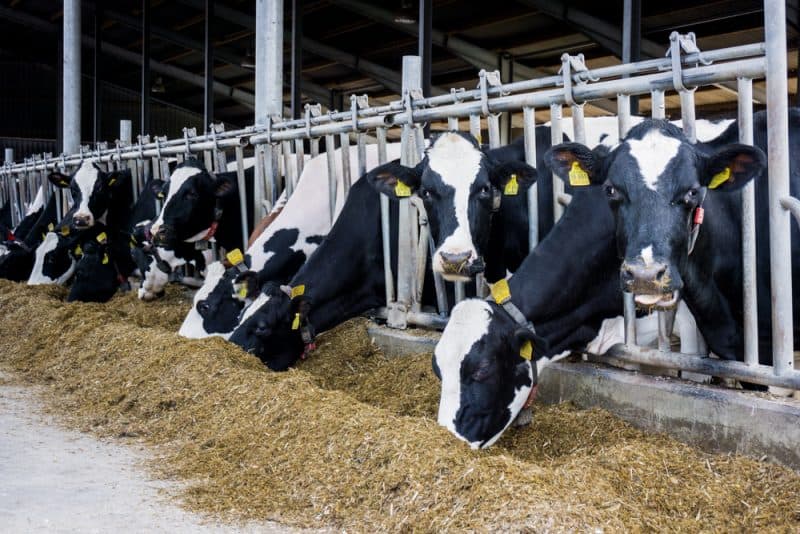
1. Is Your Farm a Business or a Hobby?
One of the easiest ways to determine whether you actually need farm insurance is to look at your reasons for farming.
If you’re just farming to sustain your family or as a hobby, then you probably don’t need farm insurance.
However, if you are farming for profit – any profit – you might need some coverage. This requires a different level of coverage than your standard homeowner’s policy can provide. Even if you’re just selling a few dozen eggs or some produce at the local farmers’ market, a hobby farm policy is a smart choice.
The term hobby farm is regulated closely both by insurance companies and tax agencies. To be a hobby farm not in need of farm insurance, you will need:
- Annual farm receipts are limited to less than $10,000
- Less than 500-acres
- No employees
- Single location
Having employees is one of the best reasons to get farm insurance. So is having multiple high-value structures and livestock animals on your property.
2. Do You Have Homeowner’s Insurance?
If you own your home and have homeowner’s coverage, take a close look at your policy. Sometimes, certain farm activities are covered.
This is especially true if you treat your small farm or large garden as a hobby. It also applies if you don’t plan to make any money. It’s less likely that your homeowner’s insurance will cover things like farm equipment (think expensive, big-ticket items like tractors and manure spreaders). The same goes for farm outbuildings (like barns and chicken coops).
What your policy will cover will vary so be sure to check with your individual insurer to make sure.
3. Is It Your Full-Time Job?
Is farming your full-time job?
Chances are if it’s paying enough of your bills for you to consider it your full-time gig, you’re going to need more than basic homeowner’s insurance.
A farm owner’s policy will cover all the other things that you need to be protected, like liability coverage and property coverage.
Again, this is something that will be assessed and modified with endorsements that are based on your farm’s specific needs. Only chatting with an insurance agent who understands your situation will help you get this job done correctly.
Farm Insurance Coverage Facts
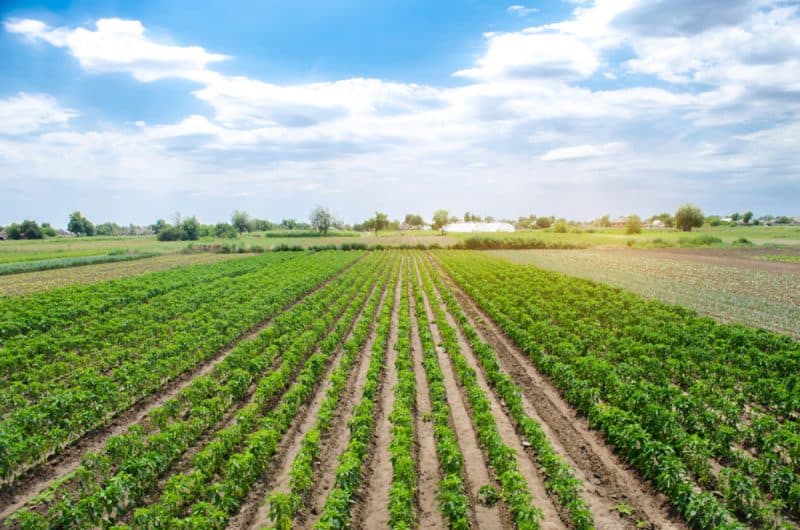
Here are some facts to keep in mind when it comes to shopping around for farm insurance.
1. Not Standardized
Many people assume that a farm insurance policy is just a large bundle of predetermined coverages.
While this is often the case when shopping for other kinds of insurance, like health insurance, auto insurance, or even homeowner’s insurance, that is definitely not the case with farm insurance.
That’s because each farm is so unique. This is in terms of what kinds of coverages are needed and what animals, buildings, and equipment need to be covered. Each farm insurance policy is built around the needs of the farm – everything is customized to meet your needs.
2. Limitations on Commercial Buildings
This is another area in which it’s worth figuring out what your homeowner’s insurance costs.
Most homeowner policies limit the amount of coverage you get for commercial buildings. Most farm insurance policies, even hobby farming policies, do not.
In most cases, you’ll need to think about what the building is being used for.
Often, if the building is being used in a way that exceeds the special limits outlined in the policy conditions – it may be considered commercial. Therefore, it will require additional protection in your insurance policy. This is often based on the form of gross annual revenue generated.
3. Livestock Not Included
Another pitfall that people come across when purchasing farm insurance is in assuming that their animals are automatically covered.
Livestock insurance is similar to crop insurance and can be partially funded by the USDA. However, this depends on the types of animals you have, so you may need additional coverage.
You can purchase individual coverage, scheduling animals individually, or you can purchase blanket coverage (or unscheduled coverage).
Blanket coverage is ideal if you have animals that are all of roughly equal value. Individual coverage is smart if you have certain high-value animals (such as those used for breeding or show).
When it comes to livestock, it’s also important to note that insurers will consider what your livestock is being used for.
For example, if you have a horse that is strictly kept as a pet, you probably won’t be able to insure it. However, if you use that horse to ride and herd other animals, you could argue that it is a vital part of your livelihood – and you can insure it.
4. Other Things That Aren’t Covered
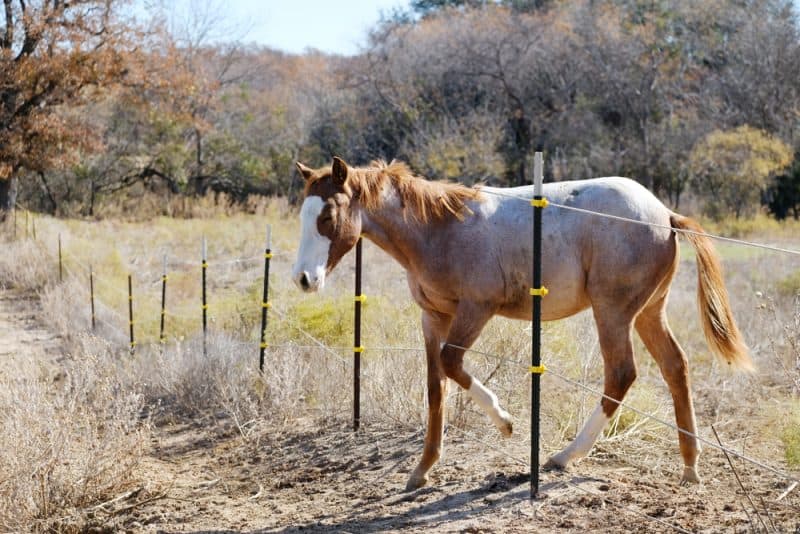
There are a few other things that are not included in farm insurance.
For example, fencing is rarely covered. Some insurance companies offer policy additions for fencing, but these require significant up charges to your premium.
In addition, farm machinery and equipment that is not maintained will not be covered, nor will technical malfunctions.
5. Know Your Fire Insurance Limitations
It’s also important to research what your farm insurance might cover in terms of fire. You need to be certain that your home and other buildings will be covered if there is a fire. Though farms are generally insured, certain things can activate an exclusion.
For example, if your farm structures aren’t accessible by road (sometimes even by gravel or paved road) then many insurance companies won’t cover them. Some require that there be water sources on the property – and a pond doesn’t always check off that box.
How Much Does Farm Insurance Cost?
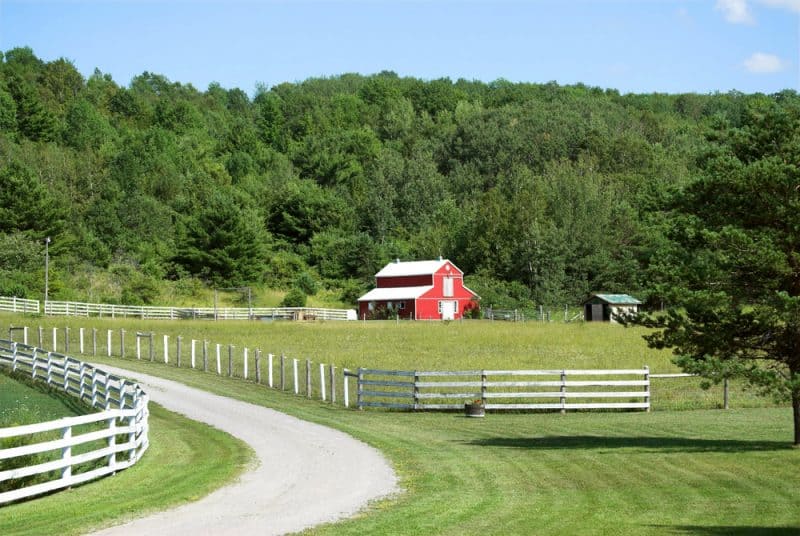
The cost of farm insurance varies widely based on your location, claims history, operations, buildings, and more.
On average, you can expect to pay around $40-$100 per month for your coverage. In my opinion, that’s worth it, even if only for the peace of mind that being properly insured can provide!
Farm insurance can be confusing. If you are a farmer, homesteader, or rancher of any kind, it is important to understand what farm insurance covers. You should also consider how much coverage you need.
Farm insurance can cover your equipment, livestock losses, buildings on the property, and liability for any accidents that occur on the farm.
So do you need farm insurance? The short (but not so simple) answer is – maybe.
Consider the tips above. Then, you can decide whether farm insurance is an investment you want to make for your farm.
